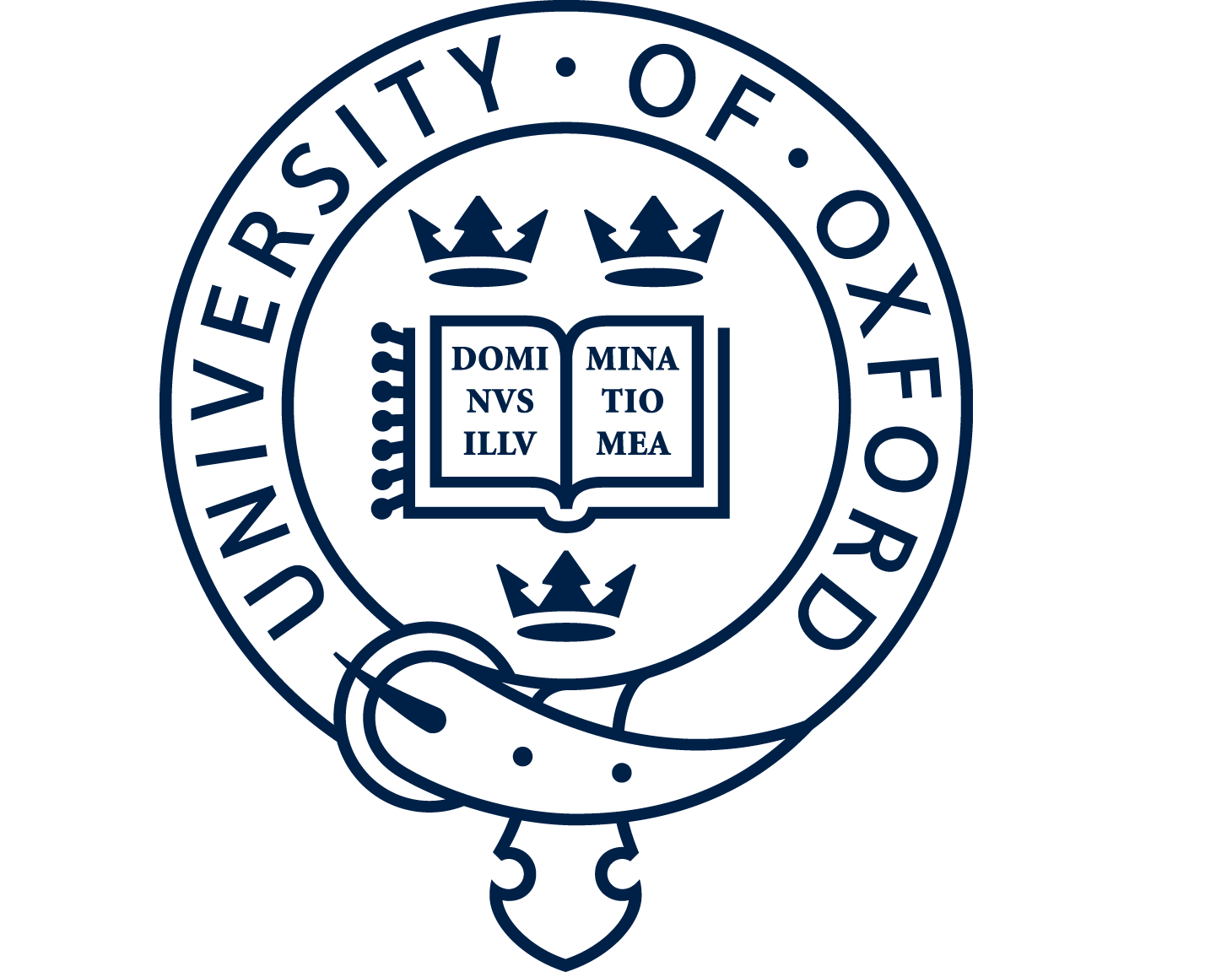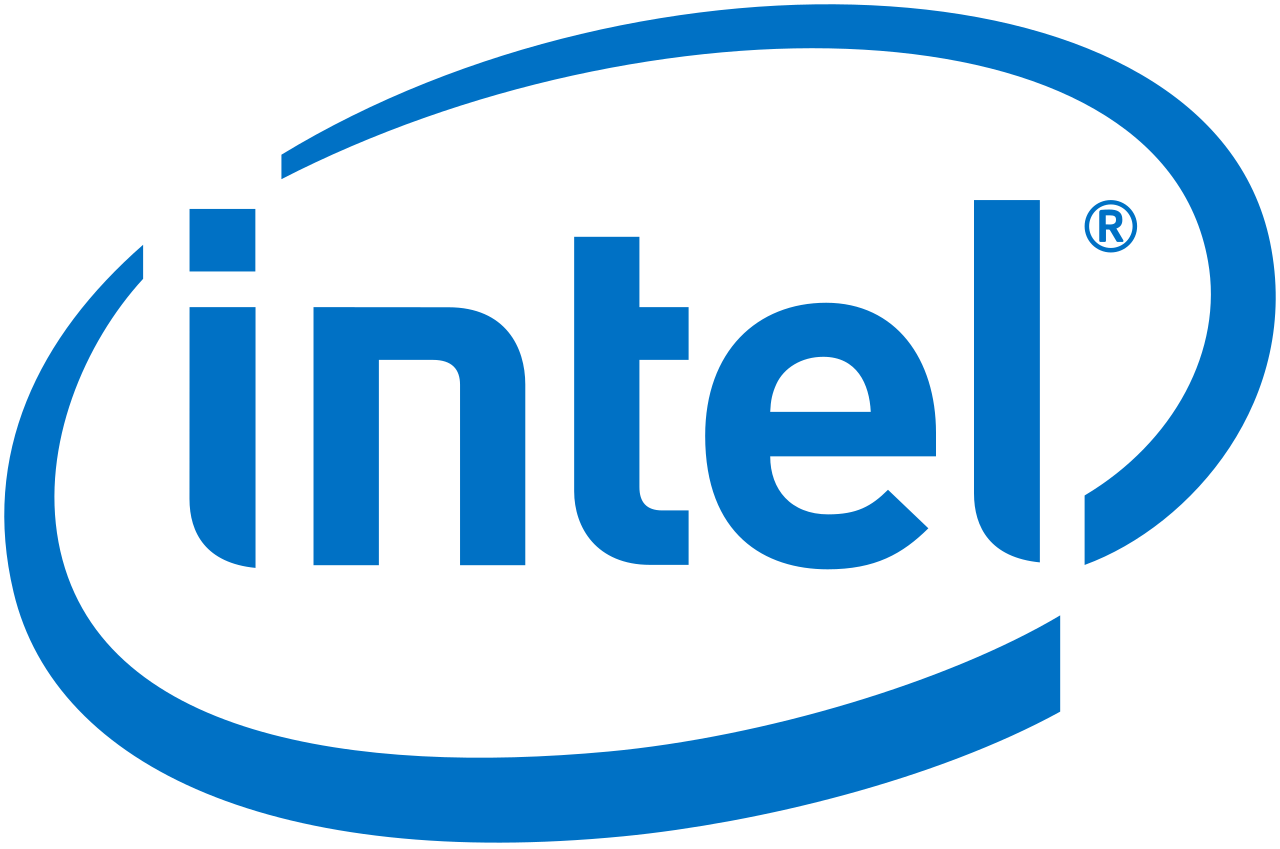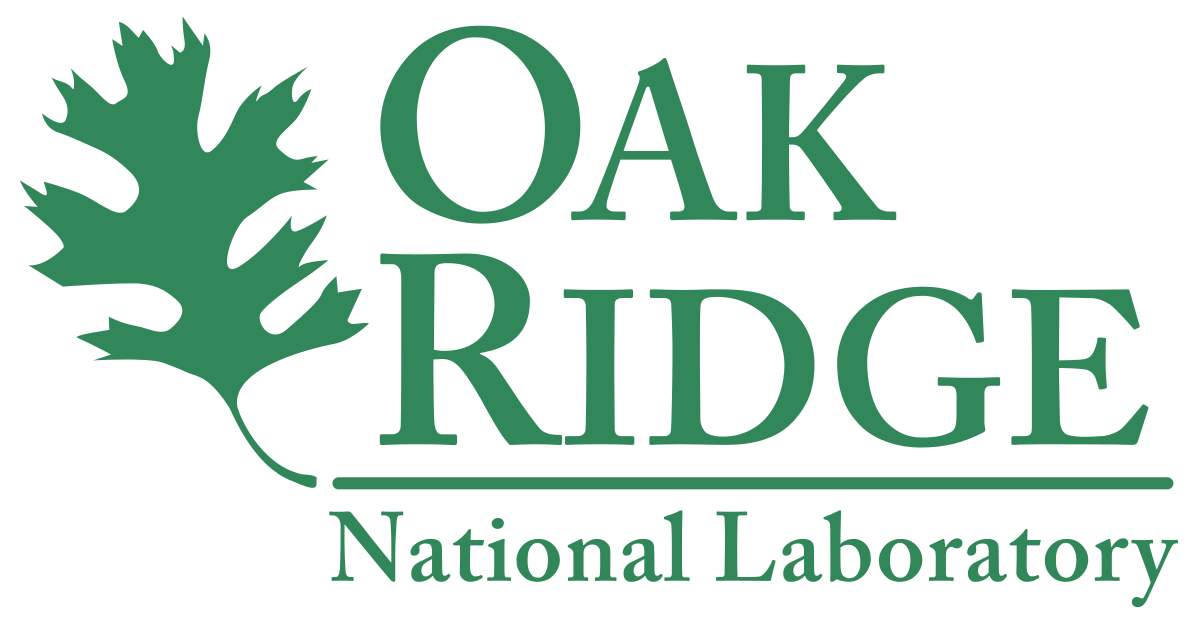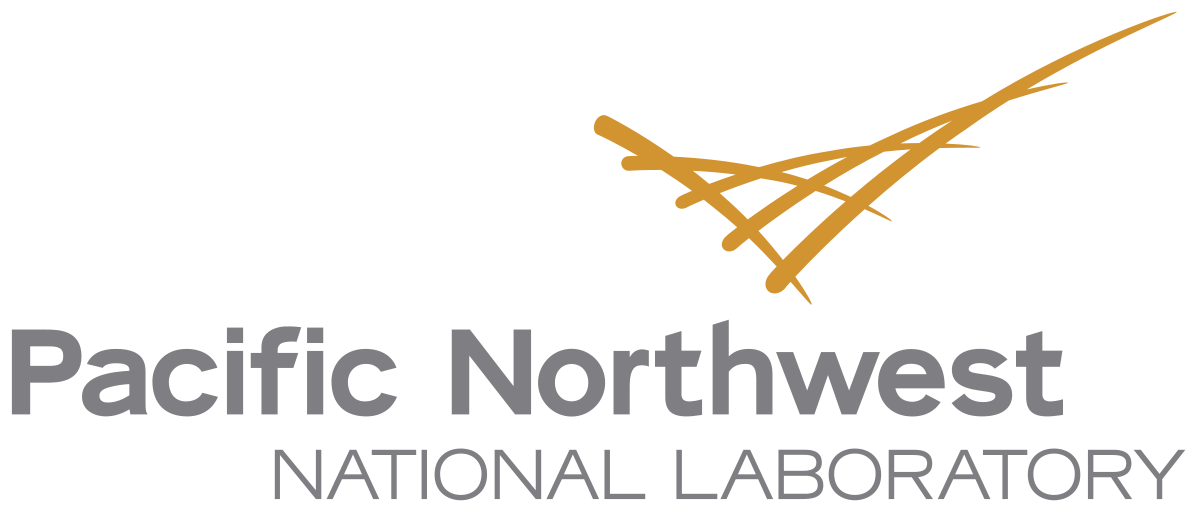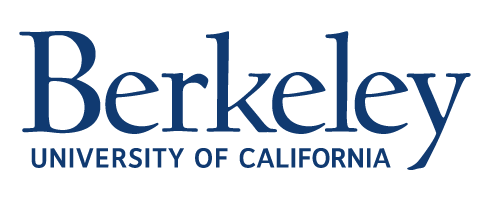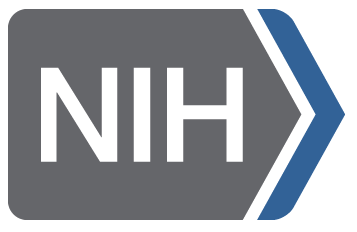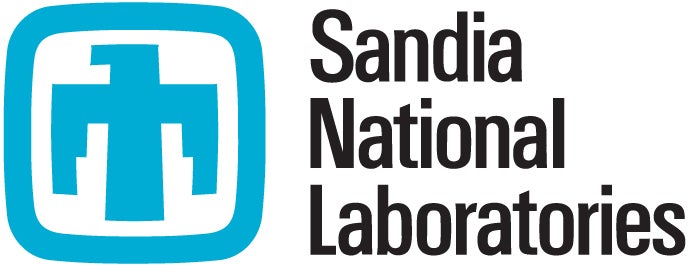Graduate Program
The Oregon Center for Optical, Molecular, and Quantum Science (OMQ), works collaboratively with the Physics and Chemistry Departments at the University, consists of sixteen faculty and the 60 graduate students, post-docs and visiting scientists who work with them. These groups work collaboratively to further the field of optical science. Areas of research currently being studied include:
- Optical properties of semiconductor nanostructures
- Quantum chaos and semiclassical physics in microcavities
- Preparation and optical properties of metal and semiconductor nanoparticles
- Fabrication and study of self-assembled photonic crystals
- Quantum fluctuations in nonlinear optical processes
- Quantum information and quantum optics
- Theory and simulation of time-resolved optical spectroscopy
- Simulation of condensed-phase molecular processes
- Ion trap quantum computing
- Information, light transport in random media
- Nonlinear optical and single-molecule studies of biological macromolecules
For graduate students, OMQ programs provide opportunities for research in fundamental areas of physics and chemistry. With graduate student to faculty ratios of 2:1 and 4:1 respectively, the Physics and Chemistry departments at UO offer highly individualized interactions.
At the same time, our center also provides an enabling set of technologies for application in the life sciences and industry. It is this unique combination of fundamental science coupled with practical applications that opens many career paths.
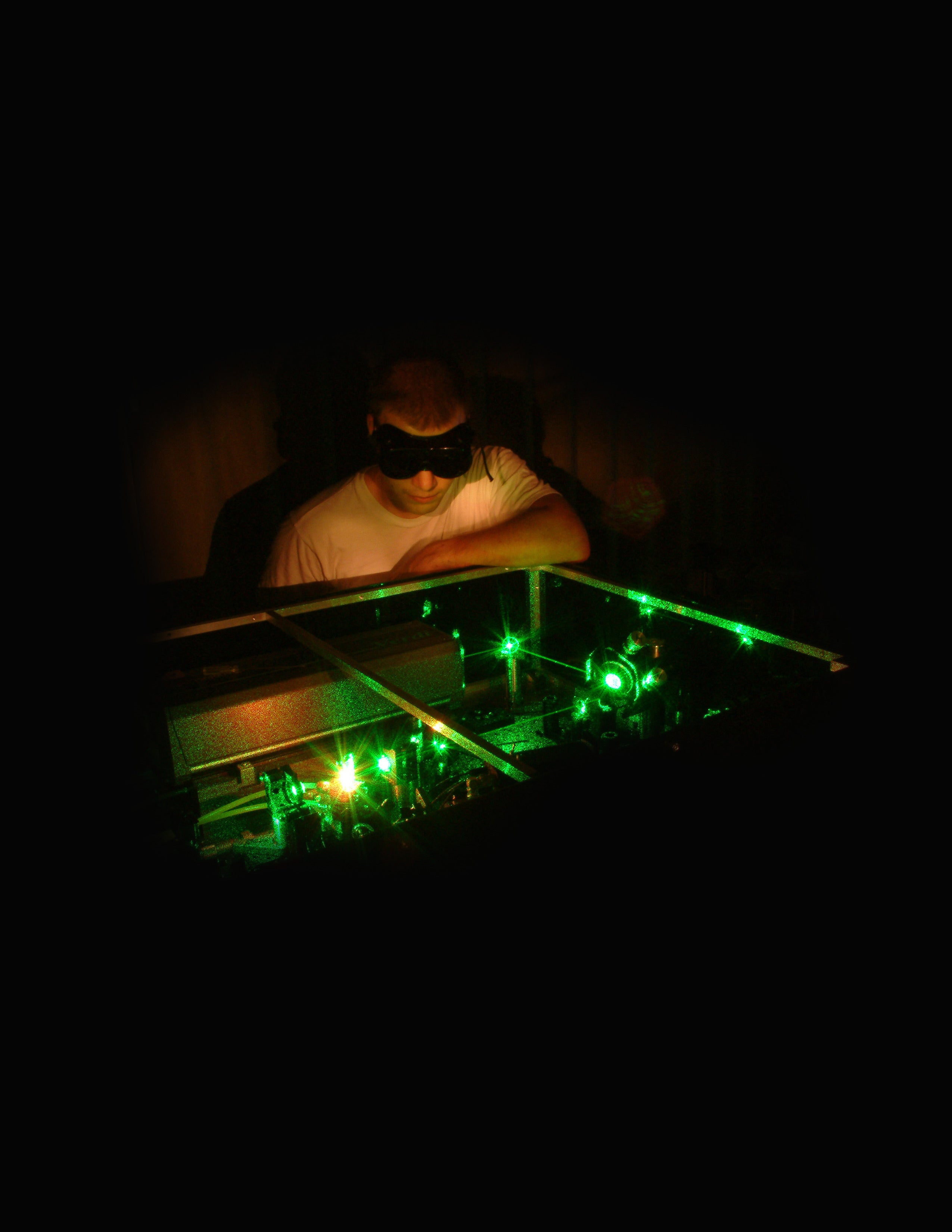
Facilities
The Oregon Center for Optical, Molecular, and Quantum Science (OMQ) is housed in the physics building, Willamette Hall, which is a part of the science complex on the university's 280-acre campus. The $44 million complex includes the science library and four buildings. The physics building, completed in 1989, contains 136,000 square feet of laboratory, classroom, and office space.
OMQ students have access to the Shared Laser Facility, a multidisciplinary laser and optics laboratory shared by chemists, materials scientists, optical scientists, and physicists. The 3,000 square foot laboratory is centrally located between the Physics and Chemistry departments, reflecting the collegiality and inter-group cooperation which the facility helps foster.
The Lorry Lokey Laboratories contain ultra-sensitive research tools below ground and away from sources of vibration that will be used by partners and researchers to examine materials on a nanoscale. Underneath the lush lawn exterior is a world-class research facility worthy of the excitement and impact. It is expected to take on the world of nanoscience and interdisciplinary inquiry. “From nano to neuro” is their slogan, and the facility boasts comprehensive interdisciplinary connections in chemistry, physics, and biology.
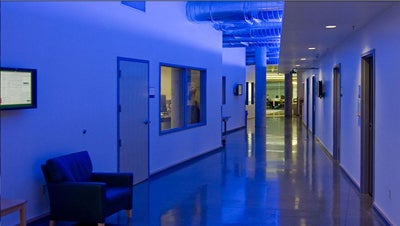
Admissions
Students interested in studying at the OMQ apply to the Departments of Physics or Chemistry doctor of philosophy (Ph.D.) degree program. The doctoral program emphasizes research work in addition to course work and generally requires five to six years of graduate study.
Students who have a particular interest in Optical, Molecular, or Quantum Science, or have further questions are encouraged to contact the Center directly at omq@uoregon.edu . The research coordinator will be happy to connect you with a recruiter to answer your questions, and arrange a tour of the center.
Financial Assistance
Financial aid in the form of graduate teaching fellowships is available on a competitive basis to PhD students. Teaching fellowships require approximately 18 hours of work a week and provide a stipend and tuition waiver.
After selecting an advisor and joining a research group (usually near the end of the first academic year of study) most graduate students are awarded graduate research fellowships by an advisor. Graduate research fellowships include a competitive stipend, medical insurance and paid tuition. Research conducted under these appointments is used to satisfy advanced degree requirements.
Most OMQ students graduate with a PhD, having acquired no additional education-related debt.
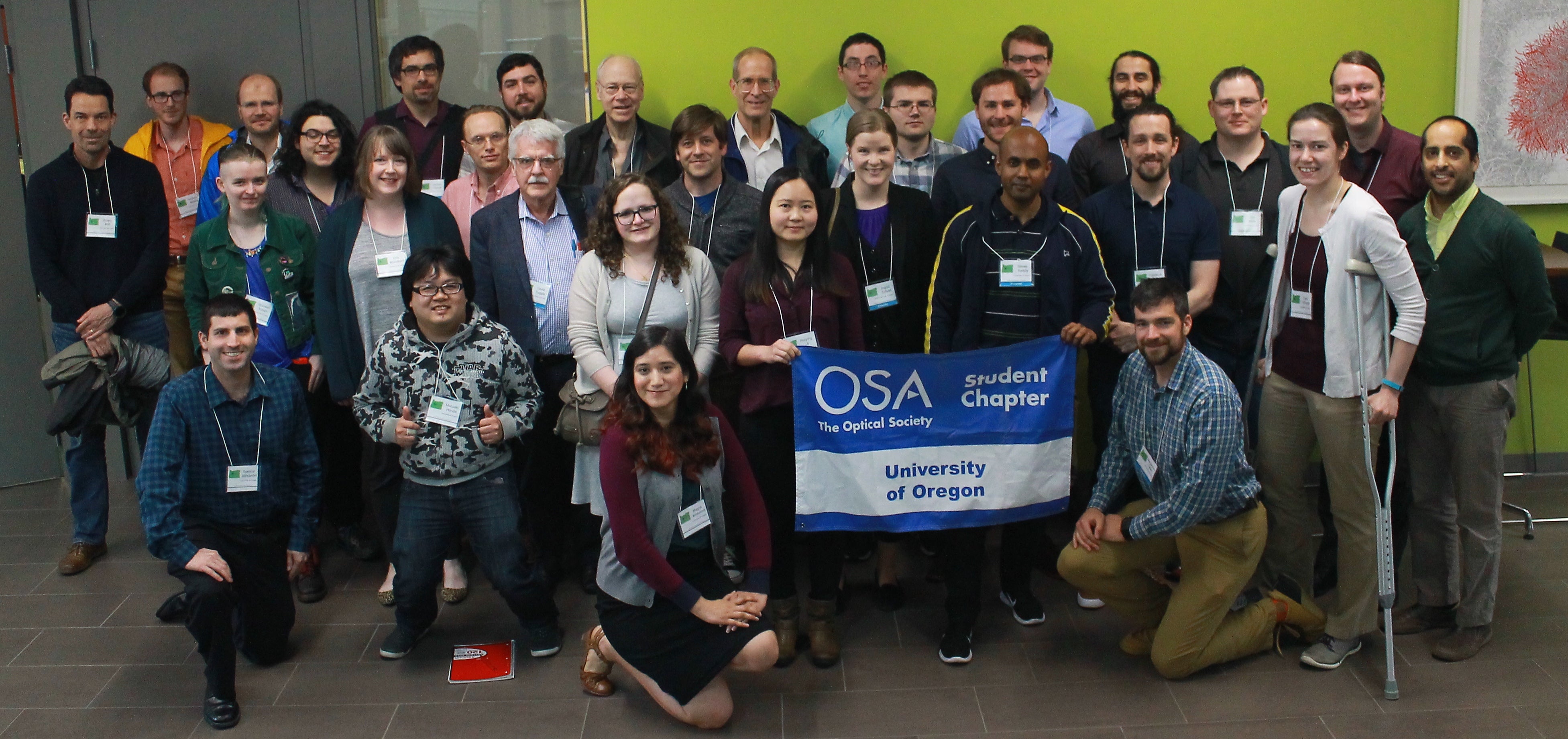
UO OSA Chapter
The University of Oregon Student Chapter of The Optical Society (OSA) website is a student-run group that is focused on promoting optics through cutting-edge research, collaboration, and outreach of optical demonstrations for the public. Join your local science community today!
Alumni
Graduates of the OMQ can be found in academia, national labs, and industry. Our OMQ and OCO alumni hold industry and tenure positions at multiple institutions- including the University of Oxford and Pacific Northwest National Laboratory.
Recent PhD graduates (in both Physics and Chemistry) have gone from the OMQ to positions in :
- Teaching (both 4 year college and research university)
- Bio-medical research
- Industry
- Physics and Chemistry research
